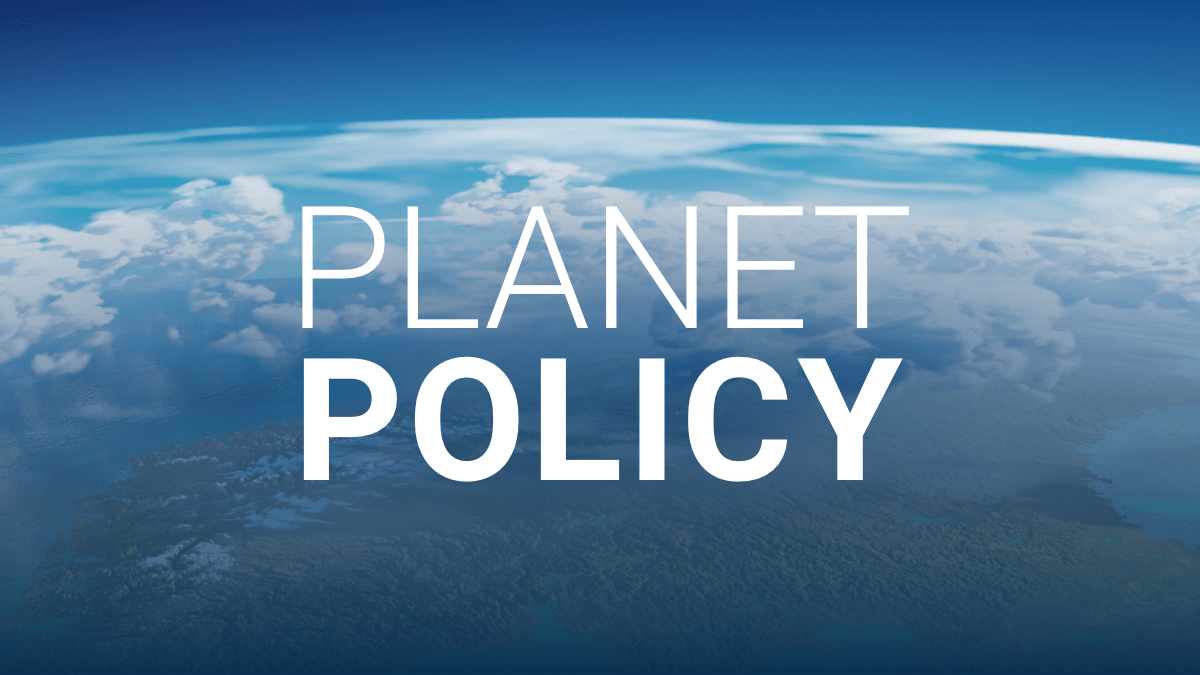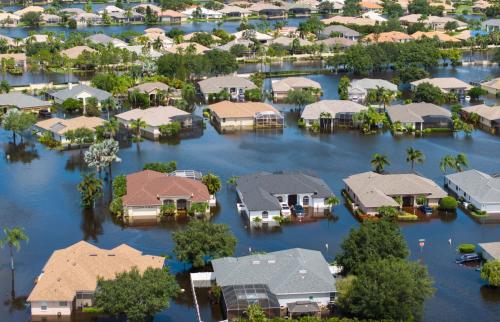Washington, D.C. needs help in the climate change policy arena.
In June 2014 the U.S. Environmental Protection Agency set the stage for the 50 states to regulate carbon dioxide emissions from electrical power plants, which constitute about 30 percent of U.S. greenhouse gas pollution. The states have long worked with the EPA to control regional or local air pollution under the Clean Air Act. But we are in uncharted waters because of climate change’s global scale and also because many U.S. states have forged ahead of the national government in the climate and renewable energy arena.
In my 2014 book, Sophisticated Interdependence in Climate Policy: Federalism in the United States, Brazil, and Germany, I define “sophisticated interdependence” as:
- Framing U.S. state-national partnerships so as to intertwine climate protection, energy security, fiscal discipline, renewable energy, environmental justice, and energy diversification;
- Connecting domestic actions with those abroad in nations like Germany and Brazil; and,
- Integrating the variable constraints and opportunities faced by the U.S. states into the plans approved by EPA.
Brazil and Germany represent distinctive powerhouse foils for the United States. These three nations have the highest GDPs of any federal nations. Brazil and Germany both speak forcefully in the global climate arena. While each nation’s political institutions have a unique stamp, born of different circumstances and traditions, cross-country comparisons can stimulate new ways of thinking and help foster international collaboration.
Germany has long been a leader in climate change and renewable energy, and the German Länder (states) compete with one another in these arenas. These policy choices have gone hand-in-hand with economic growth that outstrips that in the U.S. on a per capita basis. Between 1990 and 2010, Germany’s greenhouse gas emissions per capita dropped by 26 percent even as the country’s per capita GDP expanded by 36 percent. In the same interval, per capita GDP in the U.S. grew slightly less, by 31 percent, and greenhouse gas emissions per capita decreased by only 2 percent.
In Brazil the division of responsibilities between state and national authorities in climate policy is evolving. But much interesting activity is taking place, including the national government’s successful efforts to reduce deforestation in the Amazon. At the same time, the economically powerful, populous Southeast states of São Paulo and Rio de Janeiro have undertaken their own climate change programs. Brazil’s strong regionalism, based partly on race, echoes that in the United States. With our Brazilian colleagues, we can learn how to weave environmental justice considerations into the fabric of renewable energy and climate policy decisions.
Brazil’s energy independence provides a fascinating contrast to the energy insecurity of the United States and Germany. Brazilians should never have to spend trillions of dollars on foreign wars to fuel their cars or worry about Russia cutting off natural gas supplies.
The Clean Air Act has become the United States’ de facto national climate law. As state-federal partnerships under the Clean Air Act unfold over the next few years, U.S. leaders can help educate the public by framing the issues in terms of achieving fiscal discipline, energy security, economic competitiveness, and environmental justice. German Chancellor Angela Merkel has said, “Just as we break even with our finances, so we must with nature.”
The net result of sub-national regulatory action, the Great Recession, and the widespread substitution of natural gas for coal in electricity generation is that US greenhouse gas emissions dropped by 10 percent between 2005 and 2012. But we must enact policies to maintain this progress, even if market forces change. The goals of Sophisticated Interdependence are to light that path domestically and to emphasize the importance of connecting with our global colleagues along the way.
Vivian Thomson is an associate professor in the Departments of Environmental Sciences and Politics at the University of Virginia. From 2002 to 2010 Dr. Thomson was vice chair and member of the Virginia State Air Pollution Control Board, the state’s air pollution regulatory body, as an appointee of Governors Mark Warner and Tim Kaine. She has also served as senior policy analyst and manager at the U.S. Environmental Protection Agency.
The Brookings Institution is committed to quality, independence, and impact.
We are supported by a diverse array of funders. In line with our values and policies, each Brookings publication represents the sole views of its author(s).



Commentary
What the US Can Learn from Germany and Brazil in the Climate and Renewable Energy Arenas
July 17, 2014